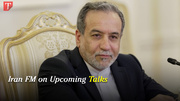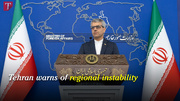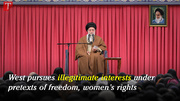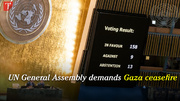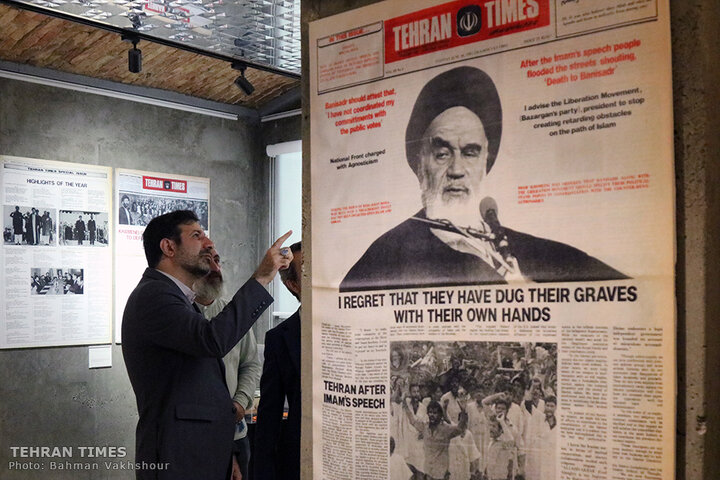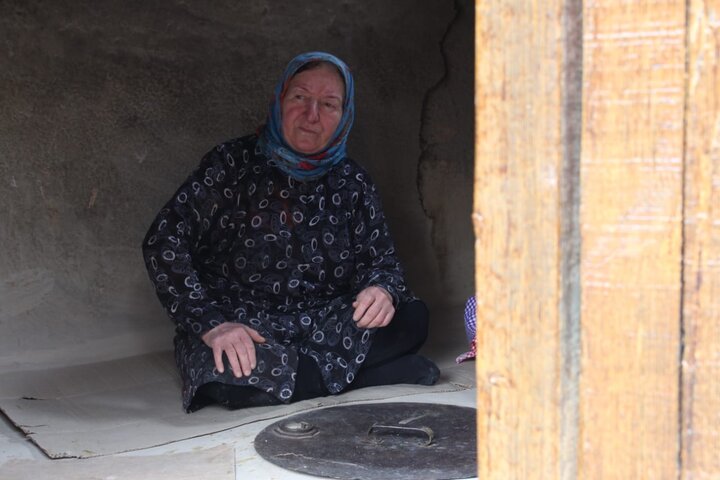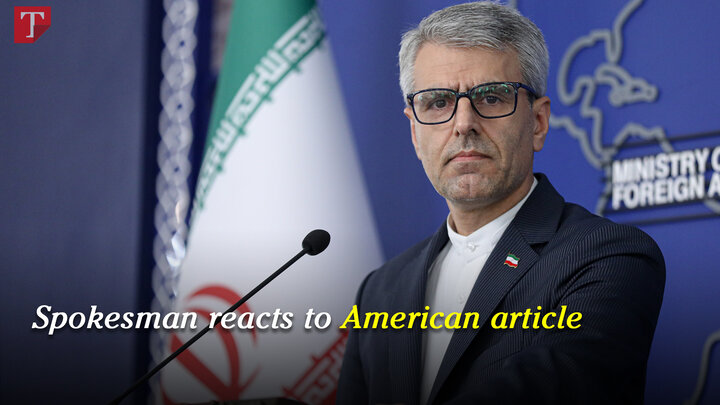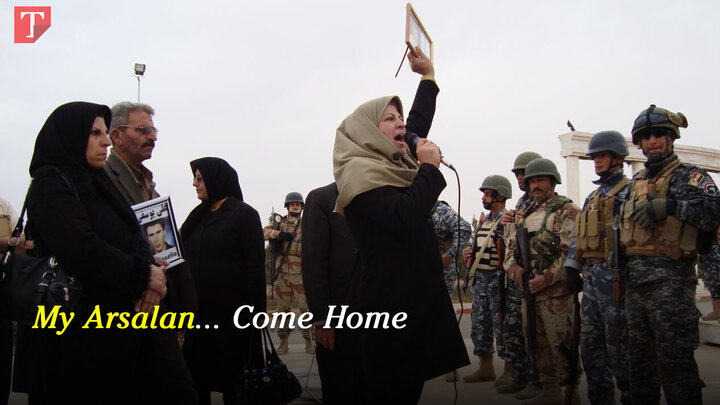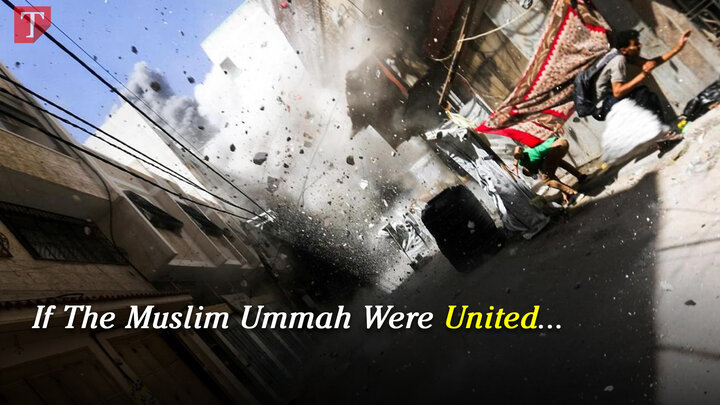-
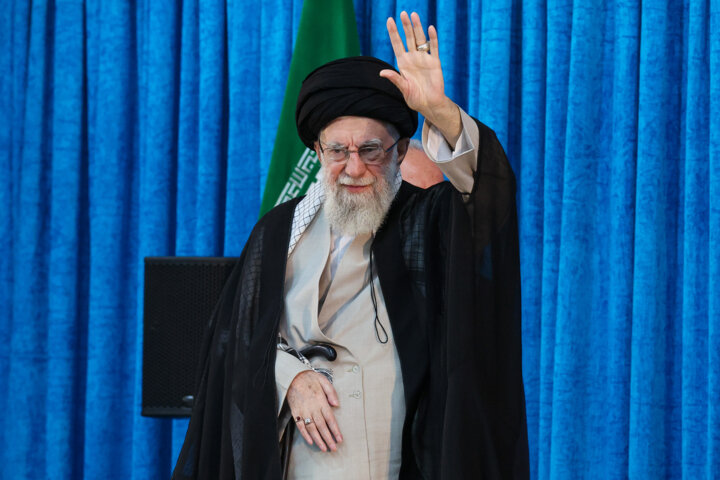 2025-06-04 11:49
2025-06-04 11:49
Leader: Iran’s nuclear enrichment is none of America’s business
TEHRAN - Leader of the Islamic Revolution on Wednesday resoundingly dismissed U.S. proposals that Iran should stop all uranium enrichment activities, saying enrichment is the key to Iran’s nuclear industry.
-
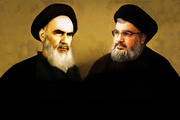
By Sondoss Al Asaad
Resistance movements owe everlasting gratitude to Imam Khomeini
Imam Khomeini is credited with energizing Palestinian cause in hearts and minds of Islamic Ummah
BEIRUT — On the anniversary of the passing of Imam Khomeini (ra), Hezbollah Secretary-General Sheikh Naim Qassem affirmed that “revolutionary Iran—under the leadership of Imam Khomeini—stood steadfastly alongside the Resistance Front to liberate Palestine and Holy al-Quds.”
-
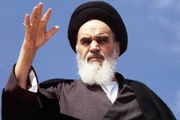
Khomeini’s line endures
TEHRAN – On the afternoon of March 22, 1963, when the agents of the Pahlavi regime stormed the mourning crowd of students at the Fayziyyah Seminary in Qom—who were commemorating the martyrdom of Imam Ja’far al-Sadiq (AS)—and unleashed their full brutality, the atmosphere of terror was so suffocating that even the city’s hospitals dared not admit the wounded from the savage attack.
-
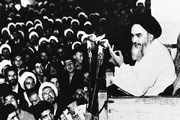
By Xavier Villar
The political legacy of Imam Khomeini
MADRID – On the 36th anniversary of the passing of Imam Ruhollah Khomeini, the central figure of the 1979 Islamic Revolution in Iran, his thought continues to influence not only the political trajectory of the Islamic Republic but also broader debates about the relationship between Islam and politics in the Muslim world.
-
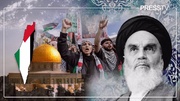
By Wesam Bahrani
Imam Khomeini and the occupied Palestine
TEHRAN – One of Imam Khomeini’s most enduring legacies is his pivotal role in placing Palestine firmly back on the world’s map.
-
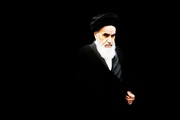
By Sayed Mehdi Rizvi
Imam Khomeini: A legacy of spiritual leadership and revolution
MUMBAI - Imam Ruhollah Khomeini, who was born in 1900 in the town of Khomeyn, Iran, was a significant figure in the Islamic world, not only as a religious scholar but also a revolutionary leader.
Politics
-
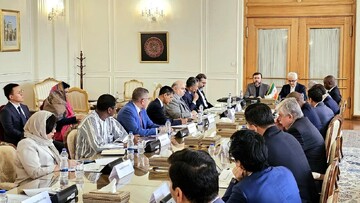
Iran warns IAEA board against 'politically motivated' move
TEHRAN - Iranian Deputy Foreign Minister for Legal and International Affairs on Tuesday warned countries sitting on the IAEA Board of Governors that any "politically motivated" move against the Islamic Republic for its peaceful nuclear program could derail Tehran's cooperation with the UN body.
-
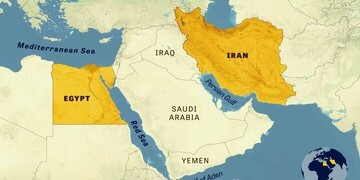
Cairo and Tehran: Redrawing the lines of regional engagement
Cairo – The visit of Iranian Foreign Minister Abbas Araghchi to Cairo marks a highly significant diplomatic moment in a turbulent regional context. It reflects a gradual shift in Egyptian-Iranian relations, which had been frozen for decades due to geopolitical considerations and divergent regional alliances.
-
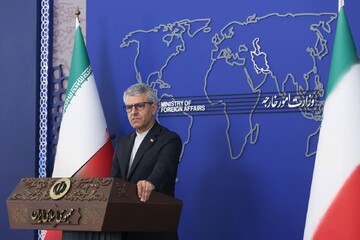
‘Israel exploits nuclear issue to manipulate US foreign policy:’ Iran Foreign Ministry
TEHRAN – Iran’s Foreign Ministry spokesperson, Esmail Baqaei, has asserted that the Israeli regime is exploiting Iran’s nuclear program as a tool to control U.S. foreign policy in West Asia.
Sports
-

Iran win 2025 CAVA Men’s Nations League
TEHRAN - Iran 'B' volleyball team defeated India 3-0 (25-17, 25-20, 25-19) on Wednesday to win the 2025 CAVA Men’s Nations League.
-

Iran into 2025 IIHF Women's Asia Cup final
TEHRAN – Iran’s women’s hockey defeated Malaysia 6-0 in the 2025 IIHF Women's Asia Cup on Wednesday.
-

Iran basketball team to play friendly matches against Russia and Belarus
TEHRAN – The Iran national basketball team will play friendly matches against Russia and Belarus, announced Mohsen Moezifar, Secretary General of the Iran Basketball Federation.
Culture
-

Leader’s commendation for “Ruhollah” unveiled
TEHRAN – On Sunday morning, the unveiling ceremony of the commendation for the book “Ruhollah” from the Leader of the Islamic Revolution, Ayatollah Seyyed Ali Khamenei, took place at the Institute for Research and Cultural Studies of the Islamic Revolution in Tehran.
-

Andisheh Cultural Center to show, review “Super/Man: The Christopher Reeve Story”
TEHRAN – The 2024 documentary “Super/Man: The Christopher Reeve Story” directed by Ian Bonhôte and Peter Ettedgui will be shown at the Andisheh Cultural Center in Tehran on Tuesday.
-

Iranian pianist Mahin Zarinpanjeh passes away at 87
TEHRAN – The Iranian musician, composer, and pianist Mahin Zarinpanjeh passed away on June 1 in Salman Shahr, Mazandaran Province, at the age of 87.
Economy
-
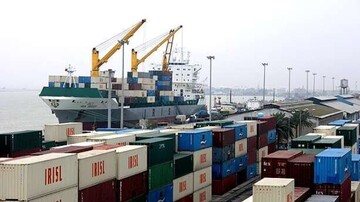
Iran’s non-oil exports reach $8.2b in 2 months
TEHRAN – Iran exported 24.6 million tons of non-oil goods worth $8.24 billion in the first two months of the current Iranian calendar year (March 21–May 21), according to the head of the Islamic Republic of Iran Customs Administration (IRICA).
-
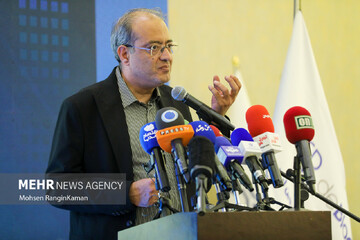
Press conference held on Iran's 1st intl. blockchain conference
TEHRAN- In a press conference held at Atana Hotel in Tehran on Sunday, the details and goals of Iran's first international blockchain conference, titled deBlock 2025, were clarified.
-

Iran, Uzbekistan sign MOU on transit co-op expansion
TEHRAN- Iran and Uzbekistan signed a memorandum of understanding (MOU) on the expansion of transit cooperation.
Society
-

National plan to improve wetland conservation via empowering local communities
TEHRAN –The Department of Environment (DOE) and the Ministry of Agriculture have signed a memorandum of understanding (MOU) to launch a national plan for empowering local communities to protect and promote the sustainable use of wetlands.
-

Sierra Leone Red Cross seeks to boost ties with Iranian Red Crescent
TEHRAN – The Sierra Leone Red Cross Society has expressed interest in expanding cooperation with the Iranian Red Crescent Society (IRCS) in the treatment and rehabilitation sectors.
-
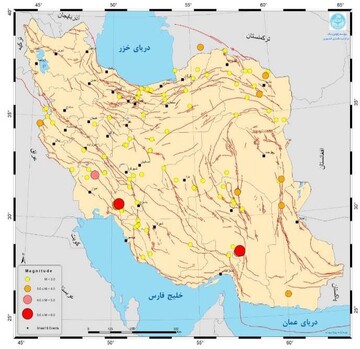
Over 125 earthquakes shake Iran in a week
TEHRAN – A total of 127 earthquakes were recorded across the country from May 23 to 30, according to the seismological networks of the Institute of Geophysics of the University of Tehran.
Tourism
-
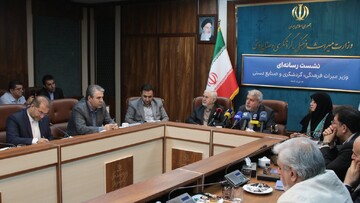
Minister outlines visa-free travel agreements, cultural initiatives, and infrastructure plans
TEHRAN – Iran’s Minister of Cultural Heritage, Tourism, and Handicrafts, Seyyed Reza Salehi-Amiri, unveiled a series of major developments in regional tourism cooperation, heritage protection, and tourism infrastructure during a press conference held on Tuesday at the ministry headquarters in Tehran.
-
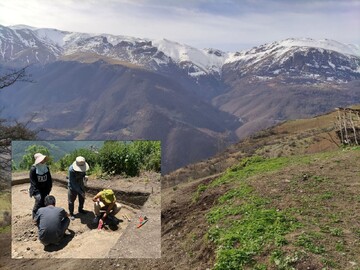
Second phase of Iran-China studies launches in Masouleh to examine ancient metallurgy
The second phase of joint archaeological research by Iranian and Chinese teams has commenced at the historical site of Masouleh, which is situated in northern Iran.
-

Esfahak village gains UNESCO research chair for earth architecture
TEHRAN - The village of Esfahak in South Khorasan province has been awarded one of UNESCO’s 34 prestigious research chairs, marking an achievement for the local and national cultural heritage and scientific communities.
International
-
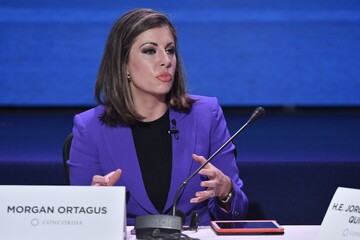
Ortagus’s successor, another ugly face of Washington
BEIRUT — Israel’s Channel 14 reported on Sunday that Morgan Ortagus, Deputy Special Presidential Envoy for West Asia, would soon leave her post. The news channel said this move “is not good news as Ortagus was a strong supporter of Israel and worked decisively on the issue of disarming Hezbollah.”
-
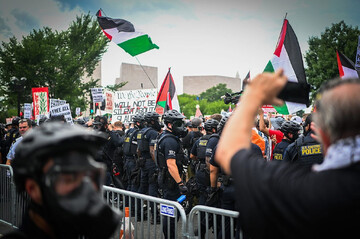
Project Esther: Trump’s blueprint to crush Palestine advocacy
TEHRAN— A subtle yet pervasive campaign jeopardizing the foundation of free speech and democratic dissent has emerged in the shadow of America's political theater. Project Esther is more than just a policy initiative. It was designed by the Heritage Foundation and is now part of the Trump administration's second term.
-
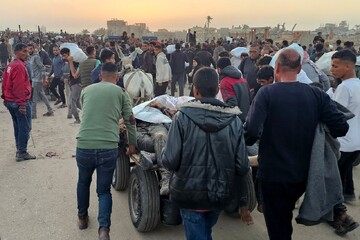
Massacre at Gaza starvation camp
TEHRAN – The Israeli occupation regime kills and injures scores of starving civilians at a “failed” U.S. aid distribution center.
Most Viewed
-
Army Aviation boosts fleet with domestically refurbished helicopters
-
Khomeini’s line endures
-
Cairo and Tehran: Redrawing the lines of regional engagement
-
No nuclear deal without enrichment rights: Araghchi
-
Iran into 2025 CAVA Men’s Nations League final
-
Iran’s non-oil exports reach $8.2b in 2 months
-
US proposal asks Iran for ‘zero’ enrichment, Iran preparing rejection
-
The political legacy of Imam Khomeini
-
Iran launches trade policy council for Iraq as private sector eyes major investments
-
‘Israel exploits nuclear issue to manipulate US foreign policy:’ Iran Foreign Ministry
-
Resistance movements owe everlasting gratitude to Imam Khomeini
-
Leader: Iran’s nuclear enrichment is none of America’s business
-
Imam Khomeini and the occupied Palestine
-
Iran-Venezuela alliance key to facing shared challenges: Qalibaf
-
Iran warns IAEA board against 'politically motivated' move

